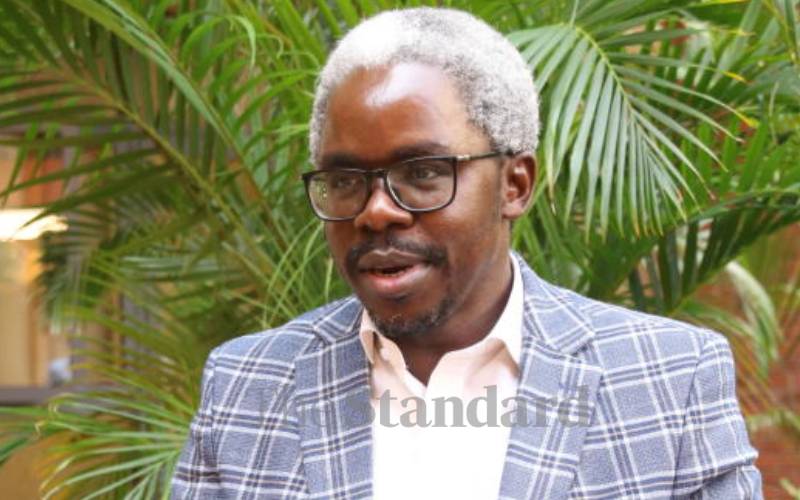×
The Standard e-Paper
Smart Minds Choose Us

From when he was the size of his father’s boots, Prof Lukoye Atwoli knew he wanted to become a medical doctor.
About his fever and chills leading to admission and how the team of medics at the Kenyatta National Hospital fascinated his 11-year-old mind.